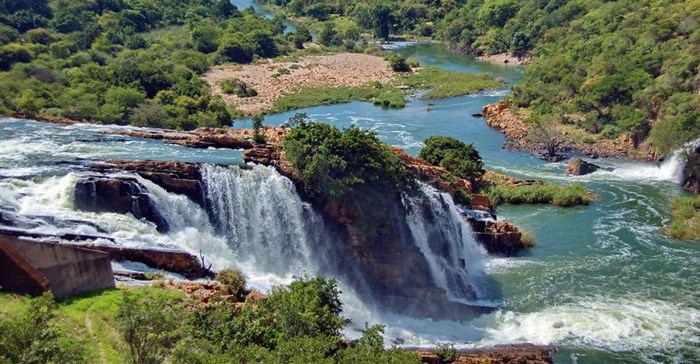
On the one hand we are in one of the tighter economic contractions in recent history, characterised by some of the lowest growth rates in modern times with the general scent of austerity accompanying most national budget policies - around the world.
Much of the global economic woes are laid at the doorstep of China’s declining growth rate, the lower prediction, from The Conference Board of which is 3.7% in their Global Economic Outlook 2016 (the IMF forecast is 6.3%). Of course in the same report, the USA is described 'a bright spot in a weak global economy' with a predicted growth rate of 2%.
The general commentary points to an increased Sino-consumption pattern as a core remedy to the global economy. This of course is a vicious circle. China’s consumption patterns depends intimately on its earnings from exports. Exports to exactly those countries that can no longer afford these Chinese exports as their own economy is in decline because of lower Sino consumption trends. The chicken is not getting enough nutrition to lay the egg to grow into the next chicken. On both sides of the import/export divide.
Further, the added conundrum is also the primary contradiction. The World Economic Forum cites the failure of adaptation and mitigation measures to global climate change as the number one risk to the global economy in 2016. This supersedes last year’s number one risk, namely, water crisis and comes on the back of a lukewarm result at COP 21, in Paris in December 2015.
Core to any adaptation and mitigation strategy is a radical shift to lower consumption patterns from local to global levels. Herein lies the fundamental contradiction. If the touted solution of increased Chinese and concomitant global buying patterns as the fundamental remedy to the current economic crisis is realised, then this must mean two steps backward for sustainable development and the global climate change agenda.
And yet these conversations occur rampantly in the media as if they have no relationship at all, and sometimes even by the same commentators. If ever we needed innovation and creativity, this is that time.
This conundrum is mirrored in the water sector, and perhaps water can pave the way with an innovative strategy. South Africa’s ability to meet the entirety of its national water and sanitation objectives, including the sustainable development goals, requires a significant quantum of new investment in both infrastructure and more rigorous operations and maintenance regimes. The traditional model of increased sales to realise sufficient funds for these interventions, ala the global economy, is clearly contrary to the overall objective of sustained and predictable water security.
In fact, many of the solutions we have been punting in South Africa, from an ability to deal decisively with leaks and non-revenue water to large scale adoption of low flush and dry new sanitation to more efficient irrigation methods and practice to more efficient water use in industry and mining all point to lower sales volumes. But, this is on the back of an increased recognition of value.
The key to financial sustainability in the water sector in a sustainable development paradigm rest on three important pillars. The first is water being priced in relation to its value and in line with use efficiency. High efficiency use must be incentivised and low efficiency use must be penalised - at all levels, in all use sectors. The second is that operations and maintenance optimisation must be a legitimate component of the infrastructure budget. The third is an expansion of capability and opportunity to radically increase the size of the water resources team.
It is time to open up the discussion on the sustainability of the model of the state as the sole water service provider. The Minister of Water and Sanitation, Nomvula Mokonyane, has been clear that this is not the same as privatisation and Finance Minister, Pravin Gordhan in the 2016 budget speech, has opened the doors to innovative models.
We must use them. This is not only about increasing the funding pool for water investments, but can also genuinely increase the size of the South African water team in a manner that guarantees our water security into the future to stimulate and enable the growth we vie for.
This water security must be achieved in a manner that ensures a realisation of the constitutional imperative of meeting the basic water and sanitation needs in a reliable and dignified manner for all who call South Africa home.